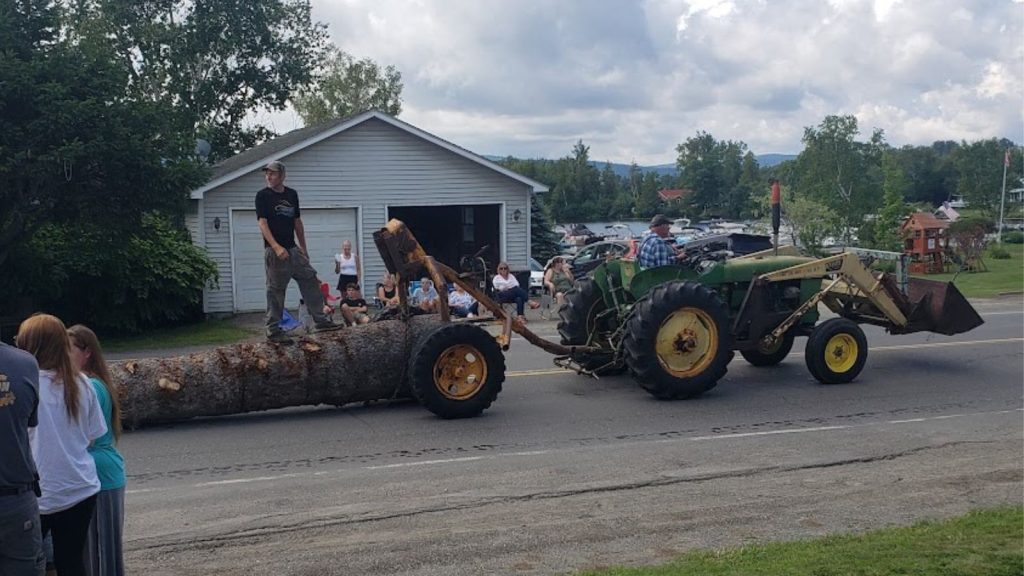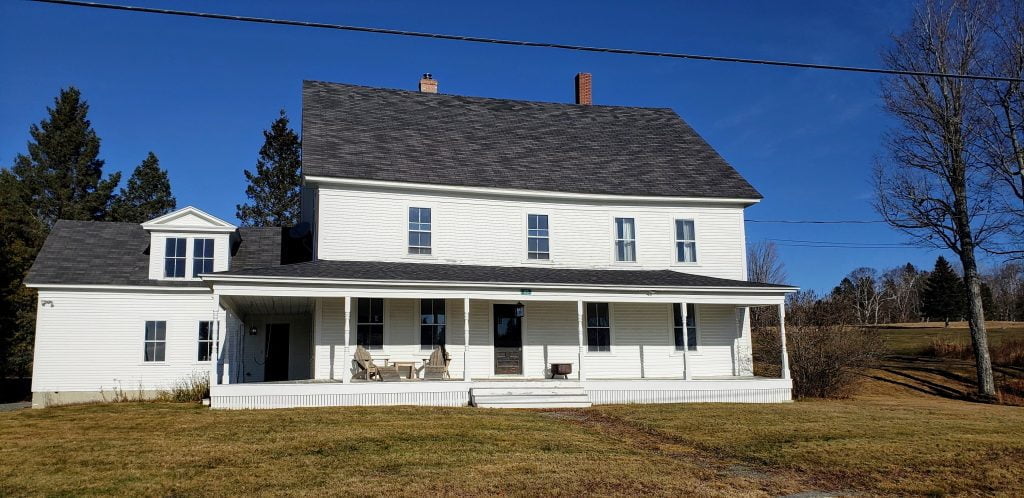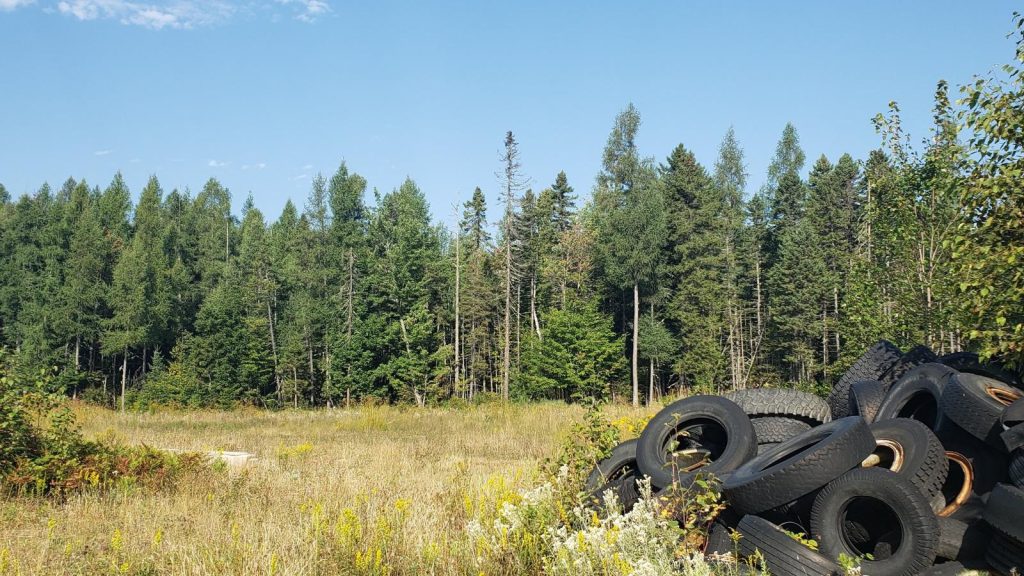If you are considering moving to a rural area, it is essential to plan carefully. Many things can go wrong if you don’t plan. It’s often difficult to get help when needed in rural areas of the country. There are several reasons why the importance of planning is crucial when relocating to a rural area.
- Services are often limited
- There are usually no close neighbors to rely on
- Help can be far away
- Cell service may be limited
- The weather can be brutal
Limited Services – Why Being Prepared Is Important
Services are often limited when you live in the middle of nowhere. When you live in a rural area, you can’t always count on having easy access to services like grocery stores, gas stations, pharmacies, vets, and medical services.
This is why it’s essential to plan and ensure you have everything you need before you need it.
Recently, my laptop was acting up, and instead of waiting for it to break down, I purchased a new one when I was in a bigger town 2 hours away. I didn’t want to lose time with my business if I waited til I needed it.
Besides, I would have been in a panic as I work from home on the computer.
However, without proper planning for essential supplies, you may be left stranded without food or fuel.
Trip Planning
With the high fuel cost, planning your road trips is imperative. For example, our town has no pharmacy. We have to drive an hour away to pick up medicines or have them delivered.
Yesterday, I received the wrong medication. (I switched drugstores today.) Now, I need to check the weather forecast for severe thunderstorms tomorrow and decide on the best time of day to go for the 2-hour ride back and forth to pick up the correct medication.
Also, do we need anything else in the large town that is an hour away? I don’t want to waste time or gas money on the one trip. The importance of planning for these types of things cannot be overstated.
Importance of Planning With No Close Neighbors
There are usually no close neighbors to rely on. In a rural area, your nearest neighbor might be miles away. This can be a problem if you have an emergency and need help immediately.
That’s why planning what you would do in an emergency is so important. Who would you call? How would you get help? It’s also a good idea to get to know your neighbors so you can count on them in a pinch.
Also, find the nearest walk-in center, emergency room, and Triple-A station if your car breaks down.

My husband can fix anything, but he is unreachable by phone when he’s at work. So, when I had a flat tire, I called Triple A. I was pleasantly surprised to find a station in our area. However, many rural areas may not have one nearby.
Another time, I got stuck an hour away; my cell phone battery was almost dead. Be sure to fully charge it before heading out, or carry an extra battery.
The Importance of Planning For No Cell Phone Service
If you live in a rural area, there’s also a good chance that you won’t always have cell service. This can be frustrating if you’re trying to get directions or need to make a phone call, but can’t because there’s no signal.
To avoid being stranded without any means of communication, it’s essential always to have a physical map on hand.
You also have an emergency radio to stay up-to-date on what’s going on, even when there’s no cell service—some folks who know the importance of planning purchase a satellite phone.
Help Often Far Away
If something goes wrong in a rural area, it might take longer for help to arrive than in a more populated area. That’s why it’s crucial to plan how to deal with an emergency until help arrives.
The old saying that accidents happen is true, as I can attest from personal experience. This was one before we moved full-time to our northern New England rural area. After that, we had two moose hit the truck as well.
We were fortunate to have cell service at the time. A few miles further, there would have been no cell service to call for help.

Again, knowing your neighbors and having a good relationship with them can be helpful in any situation. They might be able to provide assistance or at least keep an eye on your property or pet until help arrives.
The Importance of Planning For Extreme Weather
Another thing to consider when you live in a rural area is the weather. Because you’re not close to any major cities, you’re more likely to experience extreme weather conditions like blizzards, hurricanes, or forest fires.
This is why having an emergency kit stocked with food, water, and other essential supplies is crucial in case you become stranded due to adverse weather conditions. The importance of planning for bad weather cannot be stressed enough for you and your pets.
Often, we see people who come to visit and do not have the proper clothing to withstand such low temperatures. More people die from freezing to death than from the heat.

Other countries must be prepared for tornadoes, hurricanes, or earthquakes. Each has its emergencies to plan for.
This past summer, our area experienced flooding and severe thunderstorms. So, even with other weather conditions, your area may not always experience them every few decades, leaving many people unprepared.
Conclusion: The Importance of Planning Now
Act early and you’ll set yourself up for smoother days ahead. Rural areas change quickly—it only takes a few new homes or a closed road to shift the whole feel of your town. If you sort out things like permits, utility hookups, and local rules now, you won’t scramble later.
There can be fewer resources to fall back on out here, so every step you take today means fewer headaches tomorrow. Want to avoid delays or unexpected costs? Create your plan, write it down, and consult with people who are familiar with the area.
It’s about stacking the odds in your favor. Start now and you’ll thank yourself when things run on time and under budget.
FAQs: Importance of Planning for Rural Living & Survival
What are the key benefits of living in a rural area for survival?
Living in a rural area offers access to natural resources, such as freshwater land for growing food, and fewer population pressures during crises.
How do I assess whether a rural area is suitable for survival?
Evaluate access to resources (water, soil, wood), security risks, climate conditions, and service proximity.
What essential skills should I learn to live in a rural area?
Learn gardening, water purification, first aid, general repairs, hunting, foraging, and basic animal care.
How much food should I grow on my rural property to achieve self-sufficiency?
Grow enough to meet your family’s caloric needs based on crop yields, climate, and available space.
What type of shelter works best for survival in rural areas?
What type of shelter works best for survival in rural areas?
What’s the best way to secure water in a rural environment?
Install wells and rainwater collection systems, or find a natural water source, and ensure that purification options are in place.
Importance of Planning – Should I stockpile supplies?
Bring essentials like non-perishable food, tools, medical supplies, seeds, and water purification options. Always check the expiration dates before you purchase these items.
Should I consider social connections in a rural area?
Yes, nearby neighbors or small communities can provide mutual support, trade opportunities, and added security.




